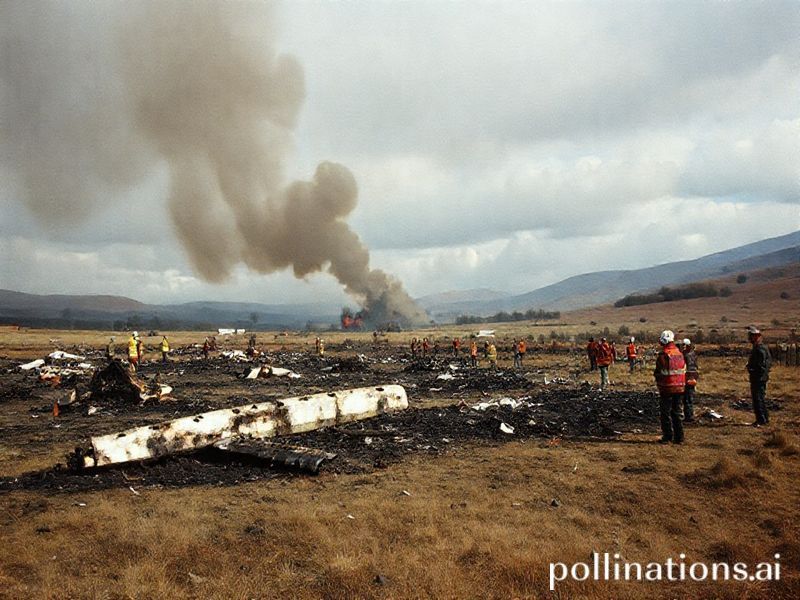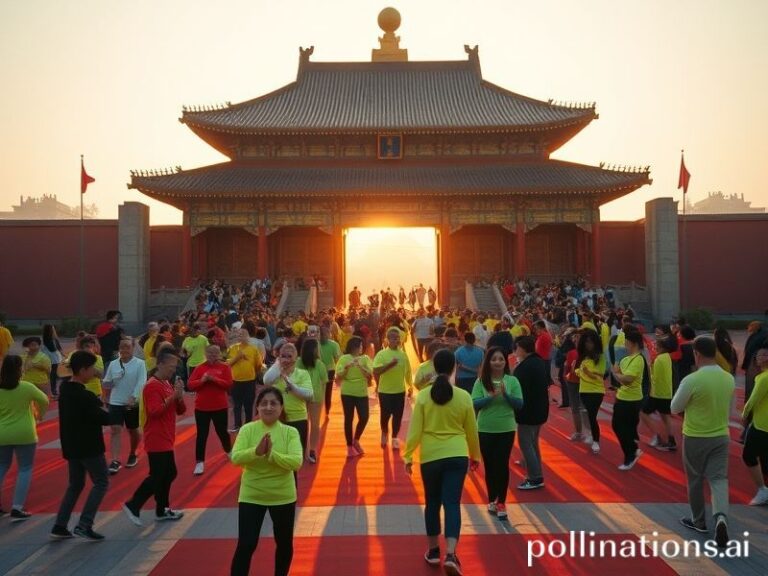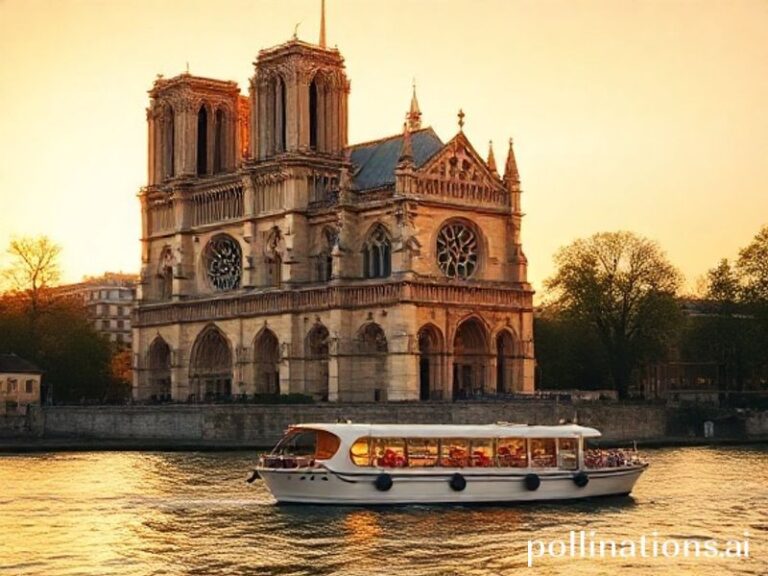Lockerbie Bombing: Why This 30-Year-Old Tragedy is Blowing Up the Internet Again
**Title: “Lockerbie Bombing: Why This 30-Year-Old Tragedy is Blowing Up the Internet Again”**
Alright, internet denizens, buckle up! We’re diving into a topic that’s been trending globally, and it’s not your usual meme or celebrity drama. We’re talking about the Lockerbie bombing, a tragedy that happened way back in 1988 but has recently resurfaced in the digital zeitgeist. So, why is this 30-year-old news making waves again? Let’s break it down.
**The Backstory: A Tragedy That Shook the World**
First, let’s rewind to December 21, 1988. Pan Am Flight 103 took off from London Heathrow, bound for New York’s JFK. But it never made it. A bomb exploded over Lockerbie, Scotland, turning the Boeing 747 into a fireball and scattering debris—and bodies—across 84.5 square miles. All 243 passengers and 16 crew members were killed, along with 11 people on the ground. It was the deadliest terrorist attack in British history until the 7/7 London bombings in 2005.
The bombing was attributed to Libyan intelligence officers, and it took decades for the international community to respond. In 1991, Libyan suspects were indicted, but it wasn’t until 1999 that they were handed over for trial. One was acquitted, the other, Abdelbaset al-Megrahi, was convicted and sentenced to life in prison. He served just eight years before being released on compassionate grounds due to terminal cancer. He died in 2012.
**Why’s It Trending Now?**
So, why is this ancient history suddenly trending? Well, a few reasons.
First, there’s been a resurgence of interest in true crime and historical mysteries, thanks to podcasts like *Serial* and *The Lockerbie Bombing* documentary series. People are hungry for stories that combine real-life drama, intrigue, and a dash of international politics.
Second, there’s been a recent push for declassification of documents related to the bombing. The U.S. government has released some files, and there’s been pressure on the UK to do the same. This has sparked debates and discussions online, with armchair detectives and conspiracy theorists alike poring over the newly available information.
Lastly, the Lockerbie bombing is a stark reminder of the ongoing threat of terrorism and the complexities of international relations. With global tensions rising, people are looking back at past events to understand how we got here and what we can learn from history.
**Cultural Context and Social Impact**
The Lockerbie bombing wasn’t just a tragedy; it was a cultural watershed. It changed how we think about air travel security, international terrorism, and the role of governments in responding to such events.
In the UK and the U.S., the bombing became a symbol of the vulnerability of the West to terrorist attacks. It also highlighted the complexities of international relations, with the U.S. and UK initially struggling to secure the extradition of the Libyan suspects.
The bombing also had a profound impact on the communities affected. In Lockerbie, the town became synonymous with the tragedy, and residents had to grapple with the physical and emotional aftermath. For the families of the victims, the bombing was a life-changing event that sparked decades-long quests for justice and closure.
**Why It’s Significant**
So, why does any of this matter today? Well, the Lockerbie bombing is a reminder that the past isn’t always past. The issues it raised—about terrorism, international relations, and justice—are still relevant today.
Moreover, the bombing is a testament to the power of collective memory and the enduring impact of tragedy. It’s a story that continues to resonate, to spark debate, and to remind us of the human cost of violence and conflict.
**Conclusion**
The Lockerbie bombing is a complex, multifaceted tragedy that continues to captivate and disturb us, decades later. Whether you’re drawn in by the true crime aspect, the political intrigue, or the human stories behind the headlines, it’s a story that demands our attention.
So, as we continue to grapple with the issues it raises, let’s remember the victims, the survivors, and the communities affected. And let’s strive to learn from the past, to build a future where such tragedies are a thing of the past.







